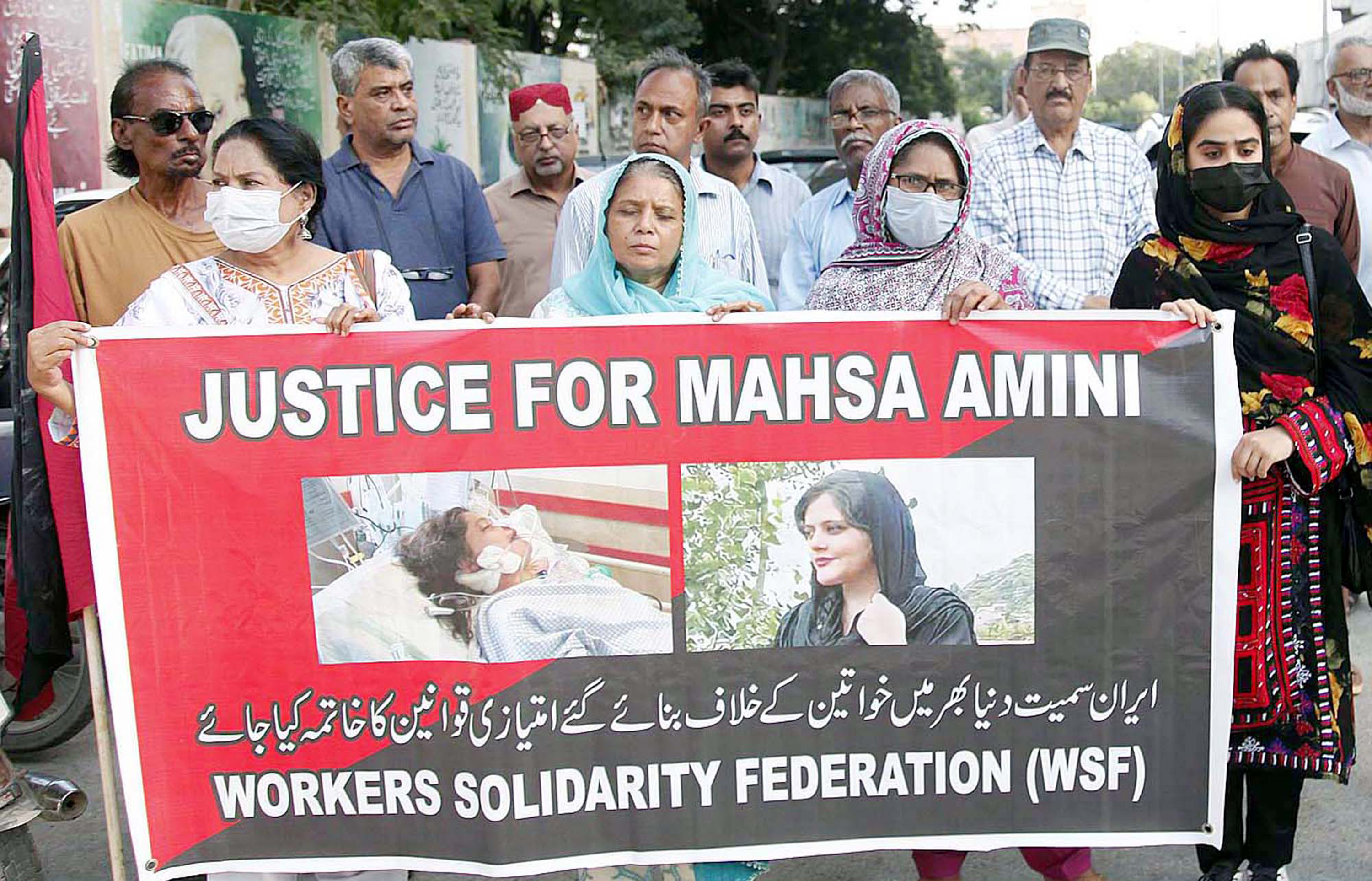Gender-based violence
Killed for being female

Among the 25 countries with the highest rates of femicides in the world, 14 are Latin American and Caribbean. Femicides occur frequently in Mexico for example, but do not lead to court proceedings in most cases. Violence against women is rooted in a “context of impunity based on a patriarchal system of inequality and social exclusion”, according to the non-governmental Mexican Commission for the Defence of Human Rights (CMDPDH).
The rule of law is weak in Mexico, and many violent crimes go unpunished – including femicides. UN statistics show that in Mexico an average of seven women are murdered daily. While some of these crimes are linked to organised crime, others are plain gender-specific violence. Justice in Mexico, a non-governmental organisation based in San Diego, California, bemoans that impunity is “characteristic of Mexico’s culture”.
Authorities tend to neglect hate crimes against women. According to the National Citizens’ Observatory on Femicide, between January and June 2017, 800 women were murdered in 13 states across Mexico. Only 49 % of the deaths were investigated as femicide. “We still have a long way to go before the authorities take prompt action to safeguard the lives of women,” says María de la Luz Estrada, executive coordinator of the Observatory, an alliance of 49 human-rights organisations from across Mexico. Their activism has increased accountability. The courts are hearing more femicide cases. The statistics are confusing, however – not least because different governmental institutions use different definitions for femicide. At the same time, it is worrisome that the police tend to have only a very poor understanding of gender issues. To improve matters, these things must change.
There are many civil-society organisations working towards ending the violence against women in Mexico: Nuestras Hijas Regreso a Casa, Red Mesa de Mujeres, El Closet de Sor Juana, Las Hijas de Violencia and many more. These groups organise campaigns, rallies and marches in order to keep femicides in the limelight.
In 2017, a permanent exhibition on femicide in Mexico titled “Feminicidio en México. ¡Ya basta!” (Femicide in Mexico. Enough is enough!) was opened in the Museum of Memory and Tolerance. This collective space for remembrance has a clear message: Gender-based violence is unacceptable. (vm/my)














